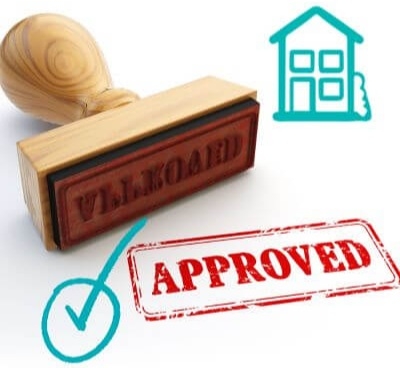1. Bureaucratic Red Tape
Property transfers in South Africa are governed by a complex legal and administrative framework that involves numerous steps, each requiring approval from different entities. These include:
a. Municipal Clearance
Before a property can be transferred, the seller must obtain a municipal rates clearance certificate, confirming all municipal bills (e.g., water, electricity, property rates) are paid. This process can be delayed by:
- Inefficient record-keeping
- Staff shortages or lack of technical training
- Outdated manual processing systems in smaller municipalities
b. SARS (South African Revenue Service) Compliance
SARS must issue a transfer duty receipt or exemption certificate. Delays occur if:
- Tax records are incomplete
- Discrepancies are flagged and require audit
- SARS offices have backlogs
c. Deeds Office Bottlenecks
The Deeds Office is responsible for officially registering property transfers. Common issues include:
- Long processing times due to high volumes of transactions
- Manual systems vulnerable to clerical errors
- Inadequate staffing and resources
d. Legal Complexities
South Africa’s land and property laws are detailed and sometimes contradictory. Issues such as:
- Unclear title ownership
- Land use zoning disputes
- Restrictions on foreign ownership or land claims can stall a transfer indefinitely.
2. Corruption and Unethical Practices
Corruption remains a concern in several areas of property administration:
a. Bribery and “Facilitation Fees”
Some officials may demand unofficial payments to:
- Expedite issuing of clearance certificates
- Process documentation more quickly
- Overlook incomplete paperwork or violations
This not only undermines fairness but can also result in illegal transfers that may be contested later.
b. Preferential Treatment
Well-connected individuals or companies may receive faster service, disadvantaging ordinary citizens and smaller buyers/sellers. This practice perpetuates inequality and delays for those who cannot pay or influence officials.
c. Fraudulent Transfers
There have been instances where:
- Property is transferred using forged signatures
- Fraudsters pose as rightful owners
- Insiders in the Deeds Office facilitate illegal transactions
These fraudulent acts can take years to resolve in court, leaving buyers without access to the property or financial recourse.
3. Broader Consequences
The combination of red tape and corruption has several negative implications:
- Delays in economic activity: Developers and investors may avoid property deals due to unpredictability.
- Reduced public trust: Citizens lose confidence in legal systems when transfers are manipulated or stalled.
- Higher transaction costs: Legal fees, bribes, and extended waiting periods increase the overall cost of buying or selling property.
Conclusion
While South Africa has a relatively well-defined legal framework for property transfers, the process is often undermined by bureaucratic inefficiencies and corruption. Addressing these challenges requires systemic reform—such as digitizing records, enhancing staff capacity, enforcing accountability, and increasing transparency—to ensure fair, timely, and lawful property transac
8#6&













